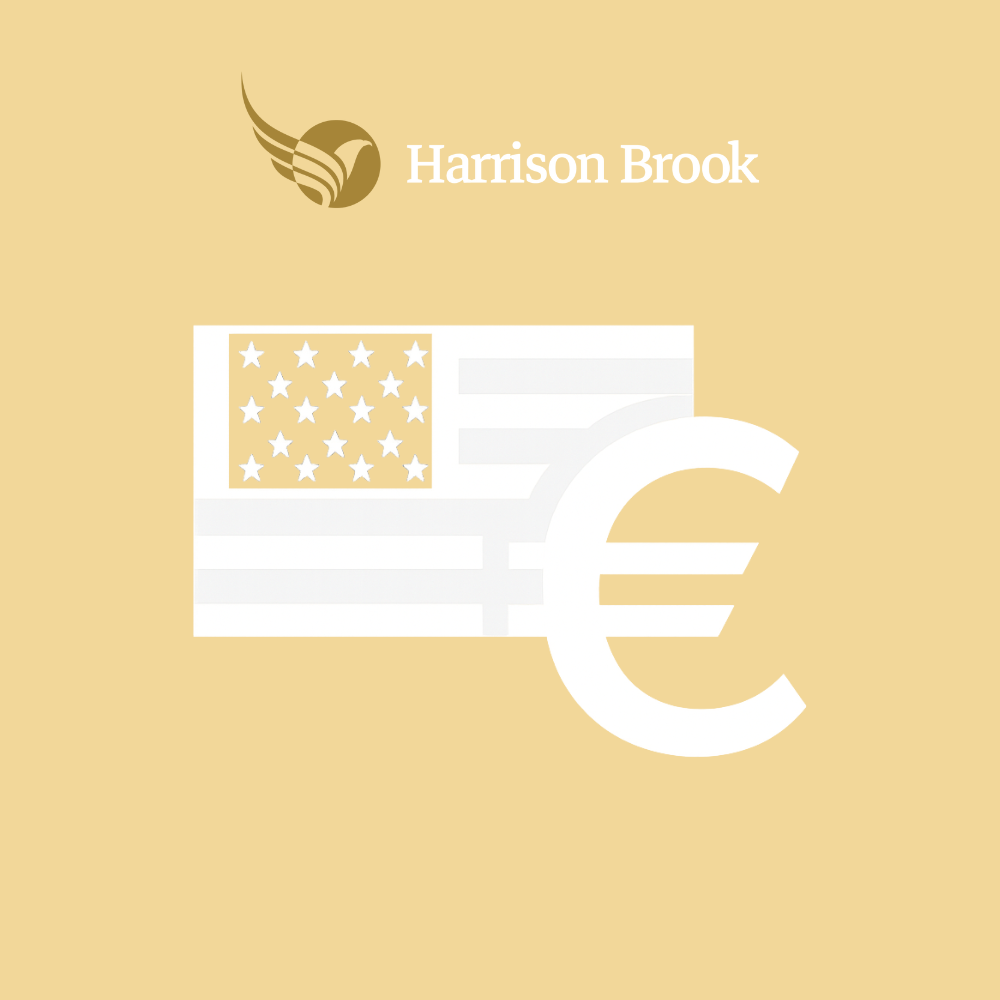
For many Americans living abroad or simply looking to diversify their portfolios, the idea of investing in euros has never been more relevant. Whether you are an expat in Europe, a frequent traveller, or simply someone who wants exposure to foreign markets, understanding how to invest in euros as an American can provide long-term financial advantages.
Investing in euros and other foreign currencies also presents exciting opportunities for profit and growth, especially for those who use effective strategies and risk management.
This guide explores how Americans can invest in euros, what options are available, and how to avoid common pitfalls when navigating international investments.
Why Consider Investing in Euros?
Holding euro-denominated investments helps reduce reliance on the dollar while giving further access to European companies, governments, and industries. The eurozone economy—powered by integration across multiple countries—offers investment opportunities from luxury brands in France to renewable energy in Germany. By buying directly on European exchanges, you participate in the growth of these regions while diversifying both geographically and by currency.
Understanding Exchange Rates
When investing abroad, exchange rates matter. The value of your returns depends not only on the performance of the asset but also on the movement of the euro relative to the dollar (or vice versa if your investments are in dollars but spending in euros). Exchange rates fluctuate due to interest rates, inflation, and geopolitical shifts. While these movements add risk, they also provide diversification away from dollar-only exposure. Especially for Americans living or traveling between the US and Europe, these fluctuations can have a very real impact on both investments and day-to-day spending.
Practical Ways to Invest in Euros
- European Stocks and ETFs – Buy shares directly on European exchanges through international brokerages or use ETFs that track indices such as the Euro Stoxx 50.
- Bonds and Fixed Income – Euro-denominated government and corporate bonds can provide income while diversifying interest rate exposure.
- Real Estate – Property in Europe not only provides potential appreciation and rental income but also holds value in euros.
- Mutual Funds – Professionally managed funds that include European or international holdings allow diversification without managing foreign accounts yourself.
Caution: Certain investments come with important US tax considerations. Foreign-domiciled funds and ETFs may be classified as Passive Foreign Investment Companies (PFICs), which carry punitive US tax treatment. Likewise, foreign real estate holdings may create complex tax and estate planning issues. It is best to seek professional advice before pursuing these strategies.
A Note on Currency Trading
Direct trading of currencies on the forex market is possible, and with the weakening US dollar, it can appear attractive to speculate on potential gains. For example, between early 2021 and mid-2022, the euro dropped from around $1.23 per US dollar to below $1.00—a violent shift in just 18 months. While movements like these may tempt investors, active forex trading is prohibitively expensive, highly volatile, and generally unsuitable for most retail investors with long-term portfolios. Its best use is as a hedging tool—for example, if you already hold significant assets abroad and want to protect against exchange-rate swings for a specific purchase. For most Americans, investing in euro-denominated assets provides the benefits of diversification without the risks of currency speculation.
Practical Steps to Get Started
- Define your goals: growth, income, or diversification.
- Select an appropriate vehicle: ETFs, bonds, real estate, or mutual funds.
- Open the right accounts: international brokerage or euro-denominated bank accounts if needed.
- Stay compliant: report foreign holdings to the IRS and seek professional tax and investment advice.
FAQs – Investing in Euros as an American
What is the best way to invest 10,000 euros?
Diversification is key to sustained long term growth. The exact mix of investments (ETFs, bonds, etc.) will depend on your personal situation.
Is it better to invest in euros or dollars?
There is no one-size-fits-all answer. Holding both can help reduce risk and provide stability.
Is investing in foreign currency risky?
Yes, exchange rates can impact returns. However, proper strategy and diversification can reduce risk.
Conclusion
Investing in euros as an American is less about trading currencies and more about participating in foreign markets on their terms. By holding euro-denominated assets, you build resilience into your portfolio while accessing opportunities beyond US borders. Professional guidance can help ensure your investments remain tax-efficient, comply with both US and European regulations, and align your financial goals.
Get in touch
Looking to invest in euros as an American? If you are considering taking this step, professional guidance is essential. At Harrison Brook USA, we specialise in helping Americans abroad build tax-efficient, global investment portfolios tailored to their goals. Contact us at Harrison Brook USA.



